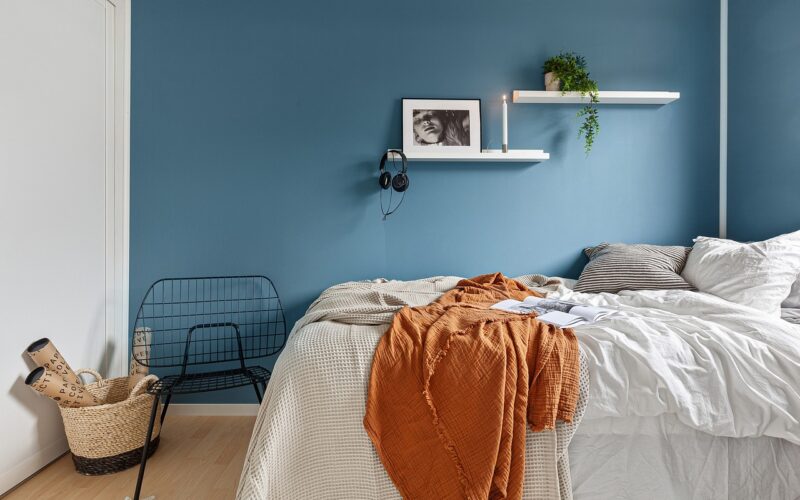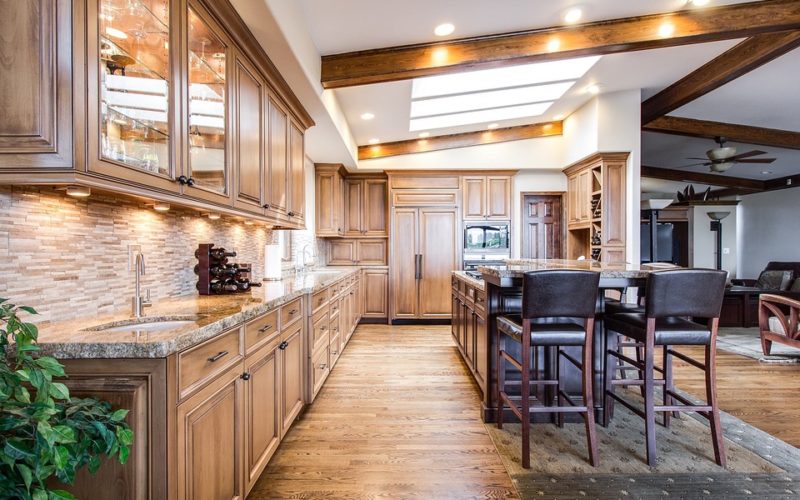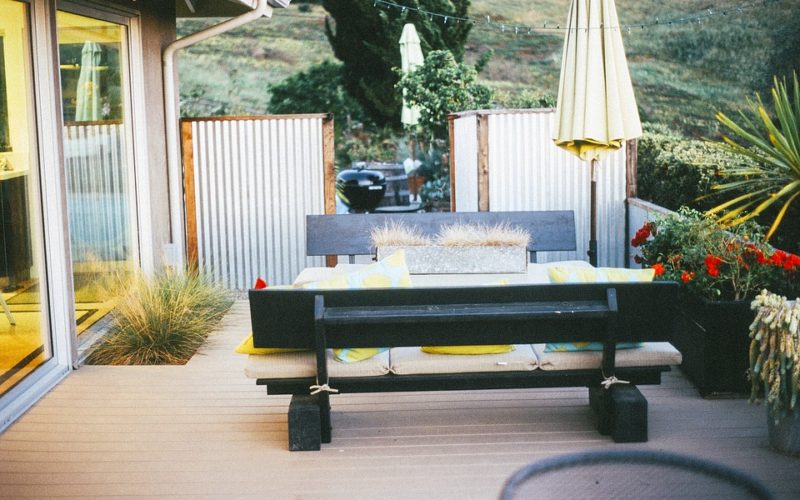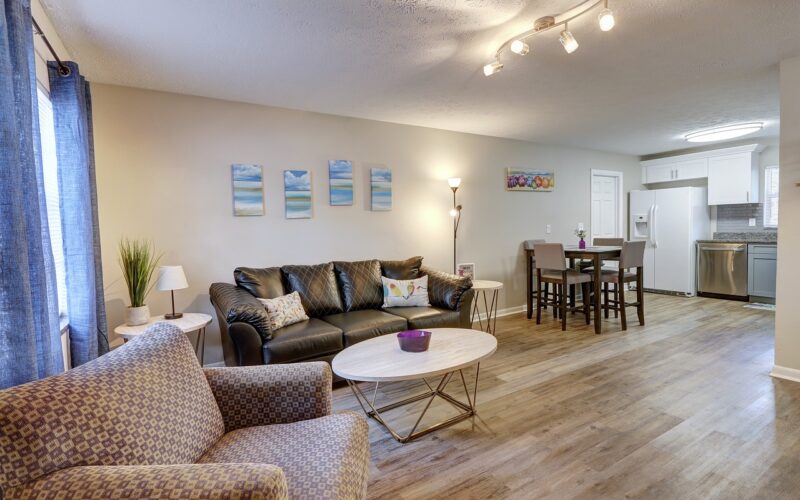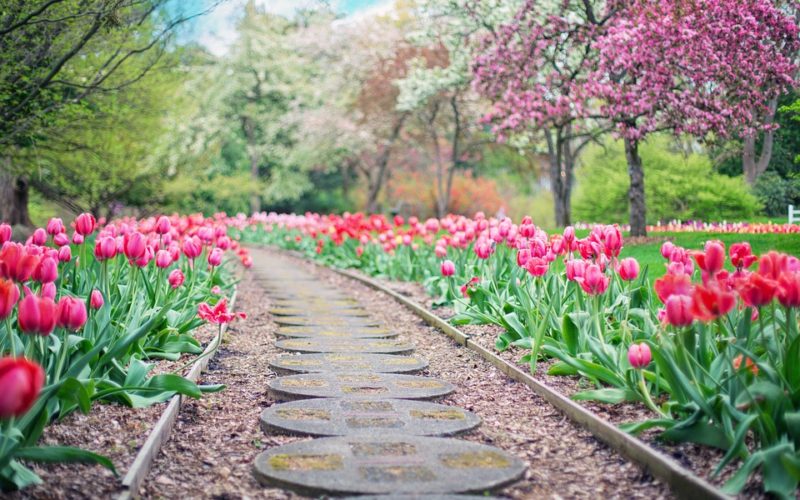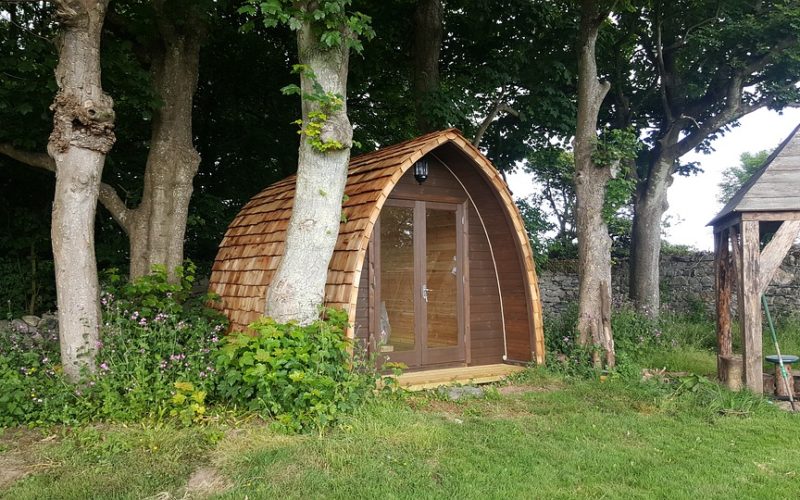Living The Green Dream
Creating an eco-friendly home is not just beneficial for the environment—it's also a sure fire way to increase the efficiency of your home and potentially save money in the long run. In this article, we will guide you through the essential steps toward making your home more eco-friendly by focusing on sustainable practices and efficient home improvements.
Start with an energy audit
Before you jump into making changes, it’s crucial to understand how your home uses—and loses—energy. An energy audit can provide insights on where to focus your eco-friendly upgrades. Many utilities companies offer free or discounted energy assessments, or you can hire a professional to comprehensively review your home's energy use.
Insulation and weatherproofing
One of the most effective ways to make your home more eco-friendly is to improve its insulation. A well-insulated home retains heat during winter and stays cool in summer, reducing the need for excess heating or air conditioning. Weatherproofing by sealing leaks and drafts around doors, windows, and other openings can further improve energy efficiency.
Consider energy-efficient appliances
Appliances and electronics account for a significant portion of home energy use. When it's time to replace them, opt for energy-efficient models that sport the Energy Star label. These can include refrigerators, dishwashers, washing machines, and dryers. Though these models might have a higher upfront cost, they tend to save money over their lifespan through reduced utility bills.
Upgrade to a more efficient boiler
Heating your home can contribute to a large chunk of your energy consumption, especially in colder climates. If your boiler is older or in need of repair or replacement, consider upgrading to a more energy-efficient unit. A qualified Manchester boiler installation and repair specialist can assess your current system and recommend an eco-friendly solution that suits your needs.
Lighting matters
Switching to LED light bulbs is another straight-forward step in the right direction. LEDs use a fraction of the energy compared to traditional incandescent bulbs and last considerably longer. Remember to turn off lights when they’re not in use and consider installing dimmers or timers for even greater energy savings.
Water conservation techniques
Reducing water usage is an important aspect of an eco-friendly home. Hiring a Manchester plumber to install low-flow toilets, showerheads, and faucets can make a substantial difference to your water consumption. You might also investigate rainwater harvesting systems and greywater recycling, which can be used for flushing toilets and watering gardens.
Smart home technology
Smart thermostats and home energy management systems can optimize heating and cooling efficiency. With smart tech, you can control your home’s climate remotely and reduce energy consumption when you’re not at home. These systems can be a larger initial investment, but they offer convenience and long-term savings.
Invest in renewable energy
If you're serious about making your home eco-friendly, consider investing in renewable energy sources like solar panels or a home wind turbine. Although the initial expense can be significant, renewable energy can dramatically reduce your carbon footprint and energy bills. In some cases, you may even be able to sell excess energy back to the grid.
Green your space with plants
Indoor plants can enhance air quality, while landscaping with native plants outdoors requires less water and maintenance. Both contribute to a greener and more eco-friendly home environment.
Eco-friendly habits
Lastly, eco-friendly home conversion isn't just about the physical changes you make; it's also about developing sustainable habits. Simple actions like recycling, composting, and conscious purchasing decisions can add up over time to reduce your household's environmental impact.
Taking steps towards an eco-friendly home is a proactive approach that benefits both the planet and your personal living space. While some investments may seem significant upfront, they typically offer long-term financial and environmental returns. Remember, the transition doesn’t have to be immediate or extensive; even small changes can contribute to a larger positive impact. When you're ready for bigger projects like a Manchester boiler repair and installation, make sure to consult with a licensed and experienced Manchester emergency plumber. With these tips, you're well on your way to a greener, more sustainable home.
